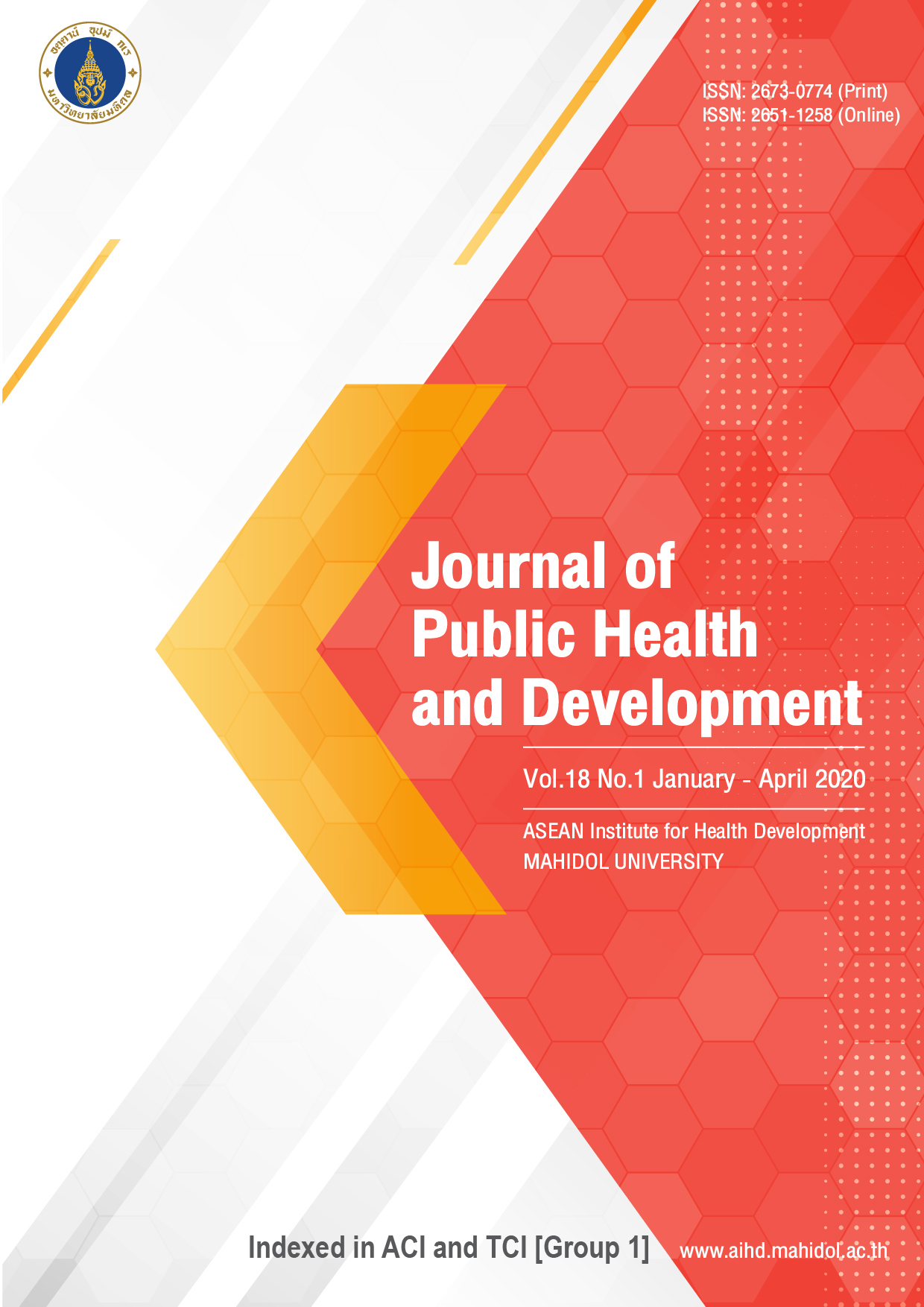Health development and health reform: Where to from here?
Main Article Content
Abstract
Health Development has been a part of the health system lexicon for a considerable period and had currency particularly in the aid context to those countries attempting to improve the health status of their populations. The language had changed to ‘health reform’ in the first decade where in the period to 2010 the focus of government was often on constraining activity as a means of controlling costs with an emphasis on managing waiting lists and times, rather than developing the health outcomes of populations. The emphasis of health reform was on consolidation of organisations into larger and distant geographic concentrations.
Reform has been less about the detailed design of specific interventions than about the management of institution building in a context of complexity and rapid change. Existing definitions minimises the role of the human capacity to cope autonomously with life’s ever changing physical, emotional, and social challenges and to function with fulfilment and a feeling of wellbeing with a chronic disease or disability. This movement in health development towards societal contexts is increased when we use the language of holistic care philosophy which acknowledges the close relationship between body, mind and soul (spirit) with a focus on individualism, emphasizing that every dimension of a human is distinctive and unique as well as being connected to each other.
An institutional based contemporary health system should consider health development and health reform within a framework that encompasses a wider societal context that is based on trusting relationships within a wider community and organisational settings that place valuing health above healthcare and that have a wholistic, patient centred focus.
Article Details
References
Bloom, G. (2011). Building institutions for an effective health system: Lessons from China’s experience with rural health reform. Social Science & Medicine Volume 72, Issue 8, April 2011, Pages 1302-1309. https://doi.org/10.1016/j.socscimed.2011.02.017.
Briggs DS. (2008). Shape Declaration on the Organisation and Management of Health Services: a call for informed public debate. Asia Pacific Journal of Health Management. 2008; 3:2.
Briggs, DS. Smyth, A. Anderson JA. (2012). In search of capable health managers: what is distinctive about health management and why does it matter? Asia Pacific Journal of Health Management. 2012:7:2.
Briggs DS (2014) Localism: A way forward? Asia Pacific Journal of Health Management. 2014; 9:1
Briggs DS (2017) Building a Culture of Health. Asia Pacific Journal of Health Management. 2017; 12:1
Briggs, DS. (2017). Challenges for Health Systems: Australian Perspectives. PAAP 20.1:06-17, 2017.
Briggs DS & Nankervis, R. (2018) Australian Primary Health Networks: Innovation in Improving Patient Care. National Conference on District Health Systems Management Development towards SDGs Achievement. Phitsanulok Thailand. November 2018.
Briggs, DS. Nankervis, R. Baillie, J. Turner, C. Rigby, K. Livingstone, L. (2019). Innovation to improve patient care in Australian Primary Health Network: an insider’s perspective. Public Administration and Policy. Vol. 22 No. 2, 2019 pp. 111-124 Emerald Publishing Limited 1727-2645. DOI 10.1108/PAP-09-2019-00
Davies G. (2005). Public Hospital Commission of Inquiry Report. Queensland Health; Brisbane.
Forster P. (2005). Queensland Health System Review. Independent Review Brisbane.
Greenhalgh T, Robert G, McFarlane F, Bate P, Kyriakidou O. Diffusion of innovation in service organisations: systematic review and recommendations. Milbank Q. 2004;82(4):581-629.
HACKER J. S (2004). Review Article: Dismantling the Health Care State? Political Institutions, Public Policies and the Comparative Politics of Health Reform. B.J.Pol.S. 34, 693–724. Cambridge University Press. DOI: 10.1017/S0007123404000250
Hartwich O. A global perspective on localism. Occasional Paper. Wellington: The New Zealand Initiative and Local Government New Zealand; 2013. Available from: https://nzinitiative.org.nz/site/nzinitiative/files/publications/Global%20Perspective%20on% 20Localism.pdf.
Huber,M. Knottnerus, J. André. Green L. van der Horst, H. Jadad, A. R. Kromhout, D. Leonard, B. Lorig, K. Loureiro M. I. van der Meer, J. W. M. Schnabel P. Smith,R. van Weel, C. Smid H. (2011) How should we define health? BMJ 2011;343: d4163 doi: 10.1136/bmj. d4163
Institute of Local Government Studies. The world will be your oyster? Reflections on the Localism Act of 2011. Raine J, Staite C. Edgbaston: School of Government and Society, University of Birmingham; 2012.
Lewis JM. The future of network governance research: strength in diversity and synthesis. Public Administration. 2011;89(4):1221-1234.
Miles A. (2013) The European Society for Person Centered Healthcare. The European Journal for Person Centered Healthcare Vol 1 Issue 1 pp 4-40.
Nilufer Demirsoy (April 12th, 2017). Holistic Care Philosophy for Patient‐Centered Approaches and Spirituality, Patient Centered medicine Omur Sayligil, IntechOpen, DOI: 10.5772/66165.
Ottawa Charter for Health Promotion. www.who.int/hpr/NPH/docs/ottawa_charter_hp.pdf.1986
Robert Wood Johnston Foundation. Building a culture of health. Accessed 2019 at https://www.rwjf.org/en/how-we-work/building-a-culture-of- health.html.
Tejativaddhana, P. Briggs, DS. Singhadej, O and Hinoguin, R. (2018). Developing primary health care in Thailand Innovation in the use of socio-economic determinants, Sustainable Development Goals and the district health strategy. Public Administration and Policy Vol. 21 No. 1, 2018 pp. 36-49 Emerald Publishing Limited 1727-2645DOI 10.1108/PAP-06-2018-005
Van den Hooff B, van Weenen F, Soekijad FM, Huysman M. The value of online networks of practice: the role of embeddedness and media use. Journal of Information Technology.2010;25(2):205-215.
Wasi, P. (2000), “Triangle that moves the mountain and health systems reform movement in Thailand”, Human Resources for Health Development Journal, Vol. 4 No. 2, pp. 106-110, available at: www.who.int/hrh/en/HRDJ_4_2_06.pdf (accessed 20 November 2017).
WHO. Constitution of the World Health Organization. 2006. www.who.int/governance/eb/ who_constitution_en.pdf.


